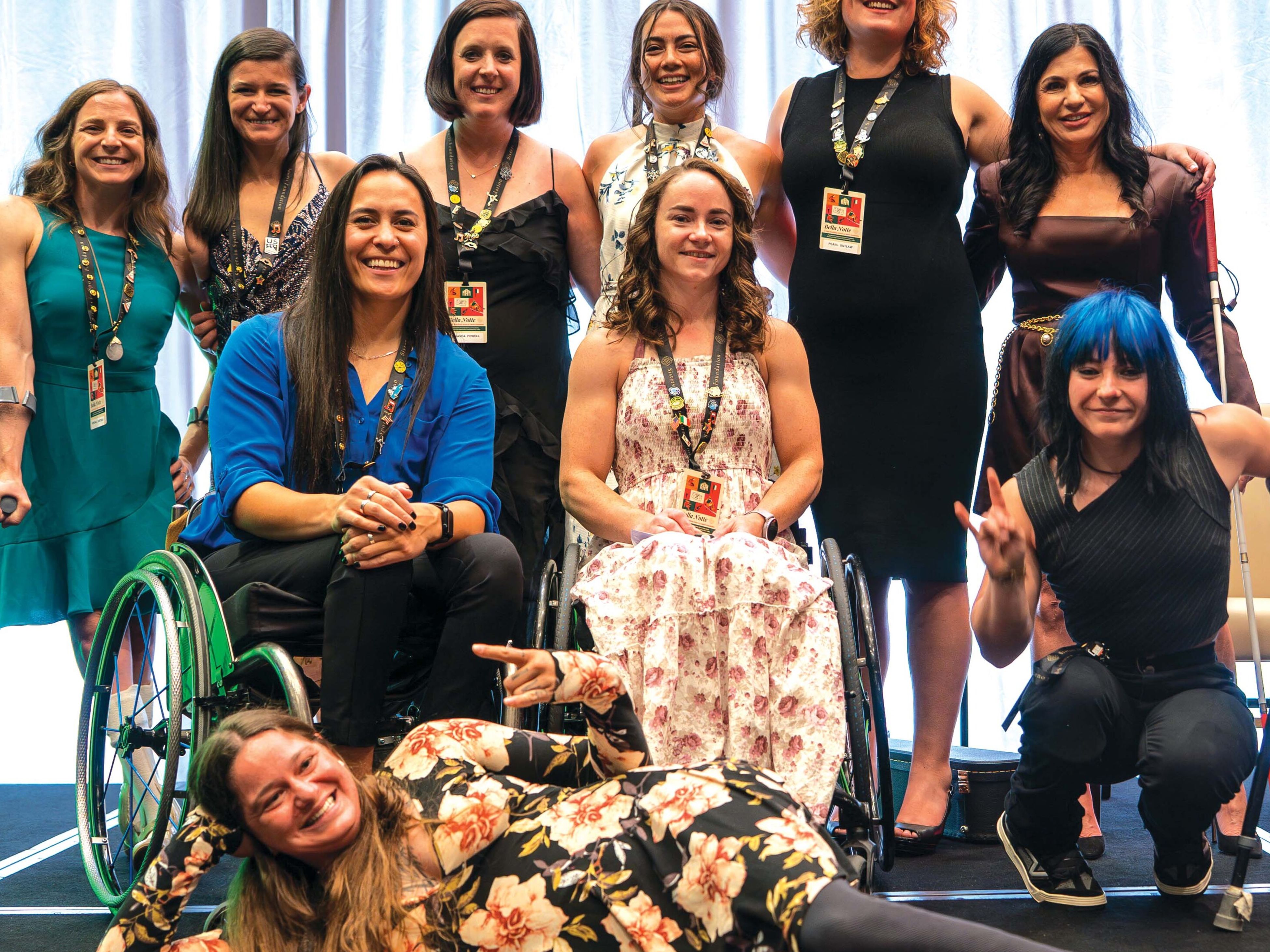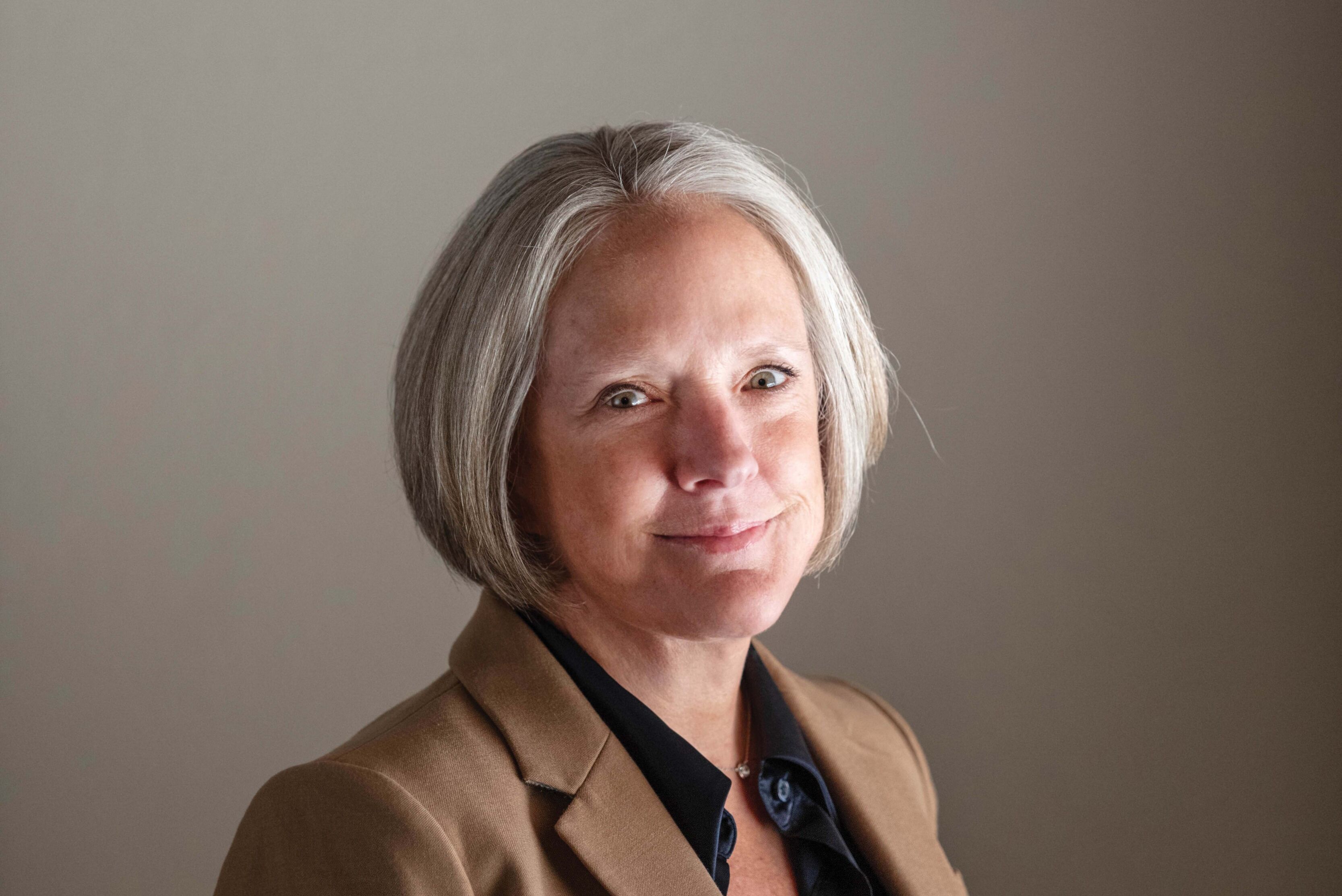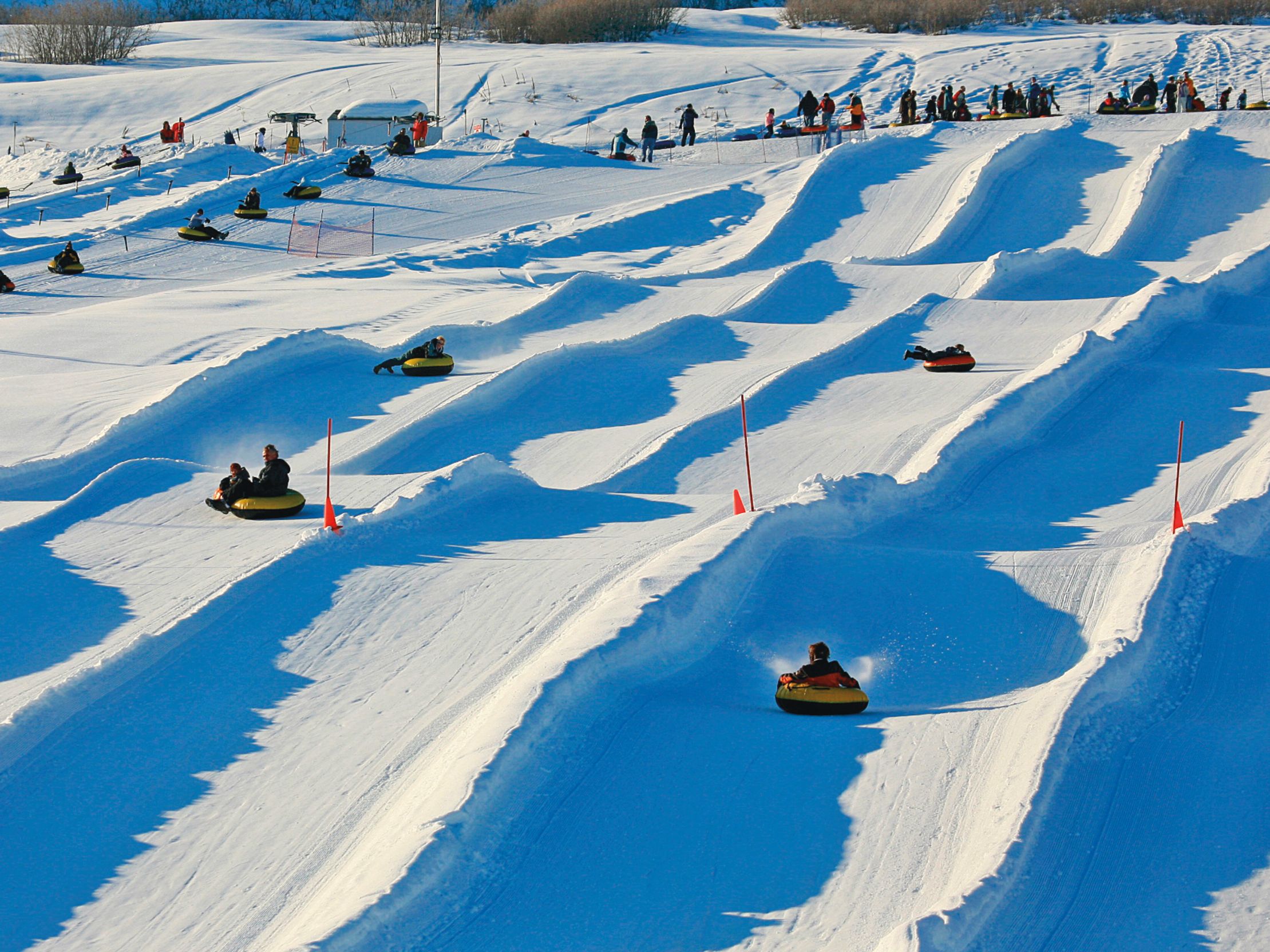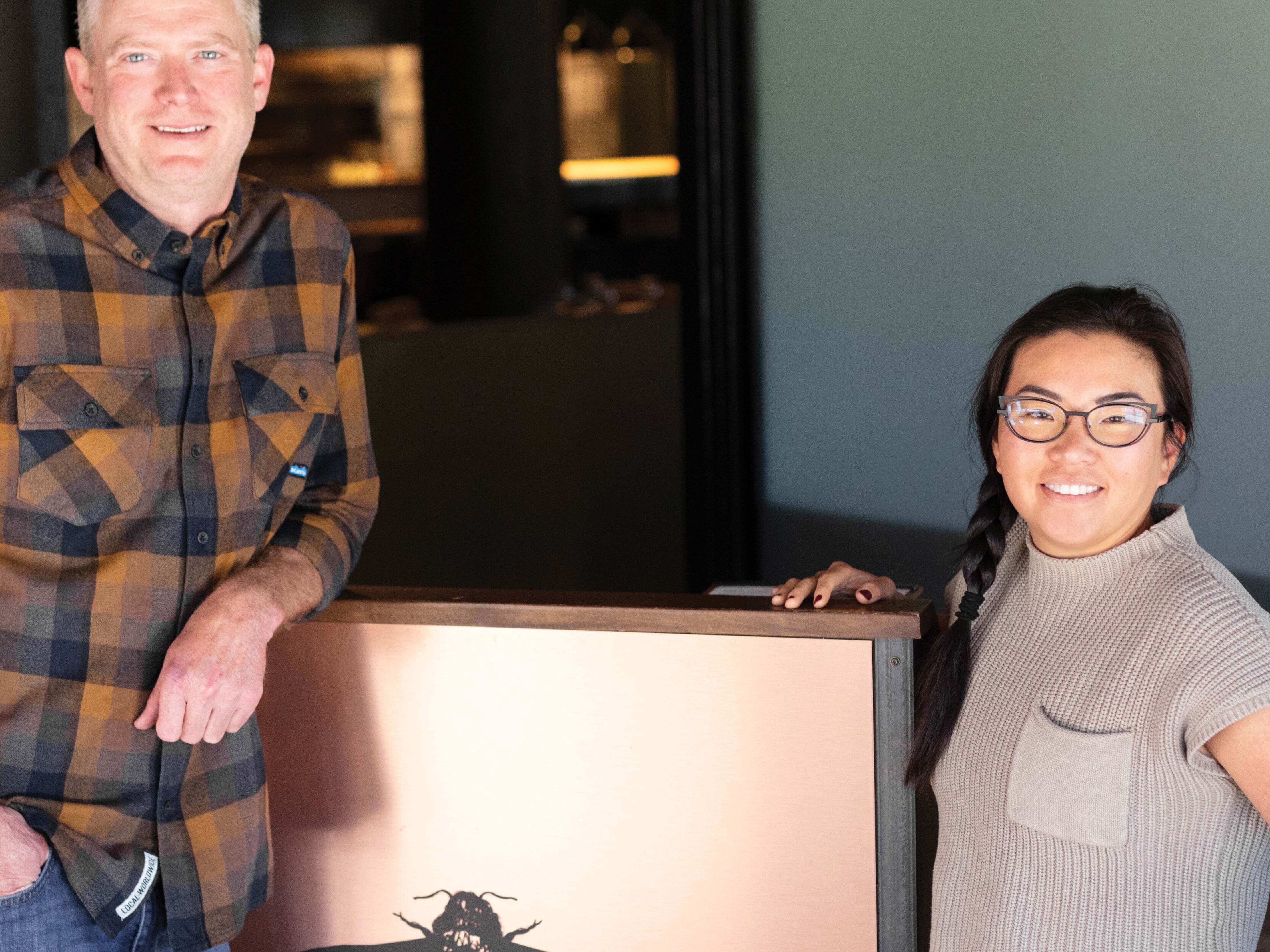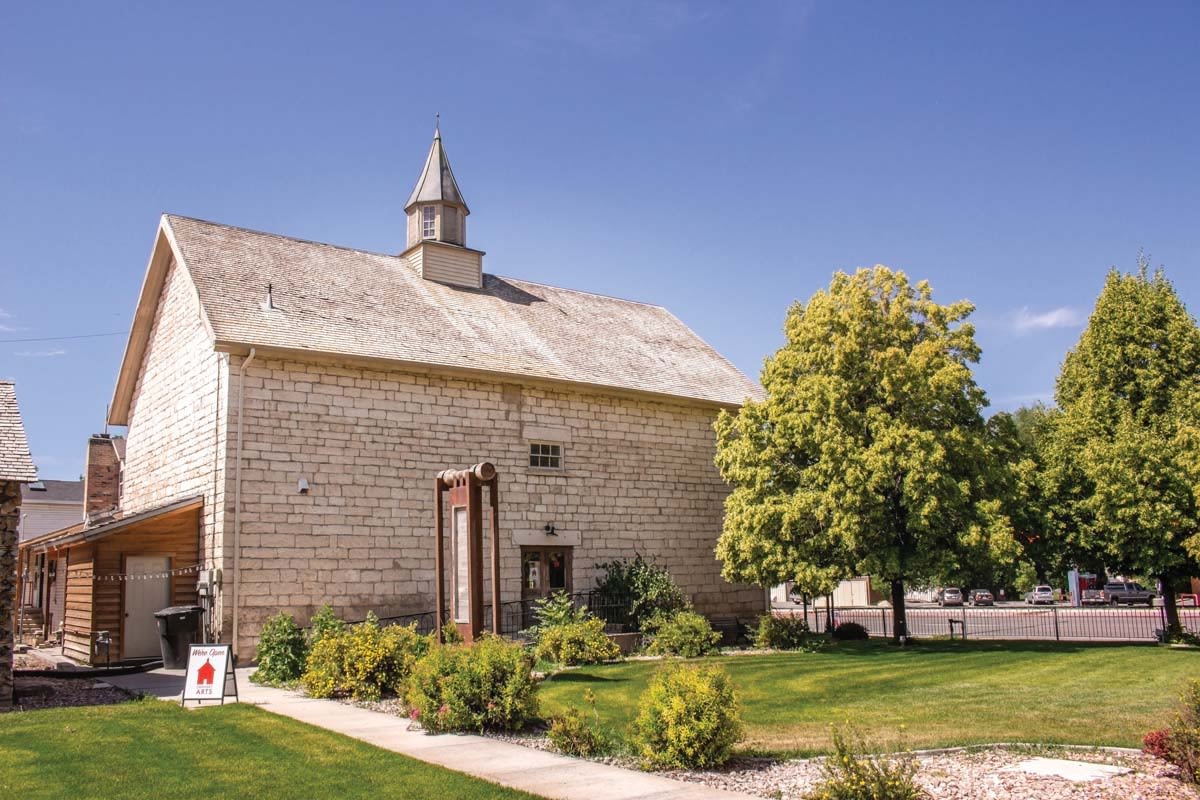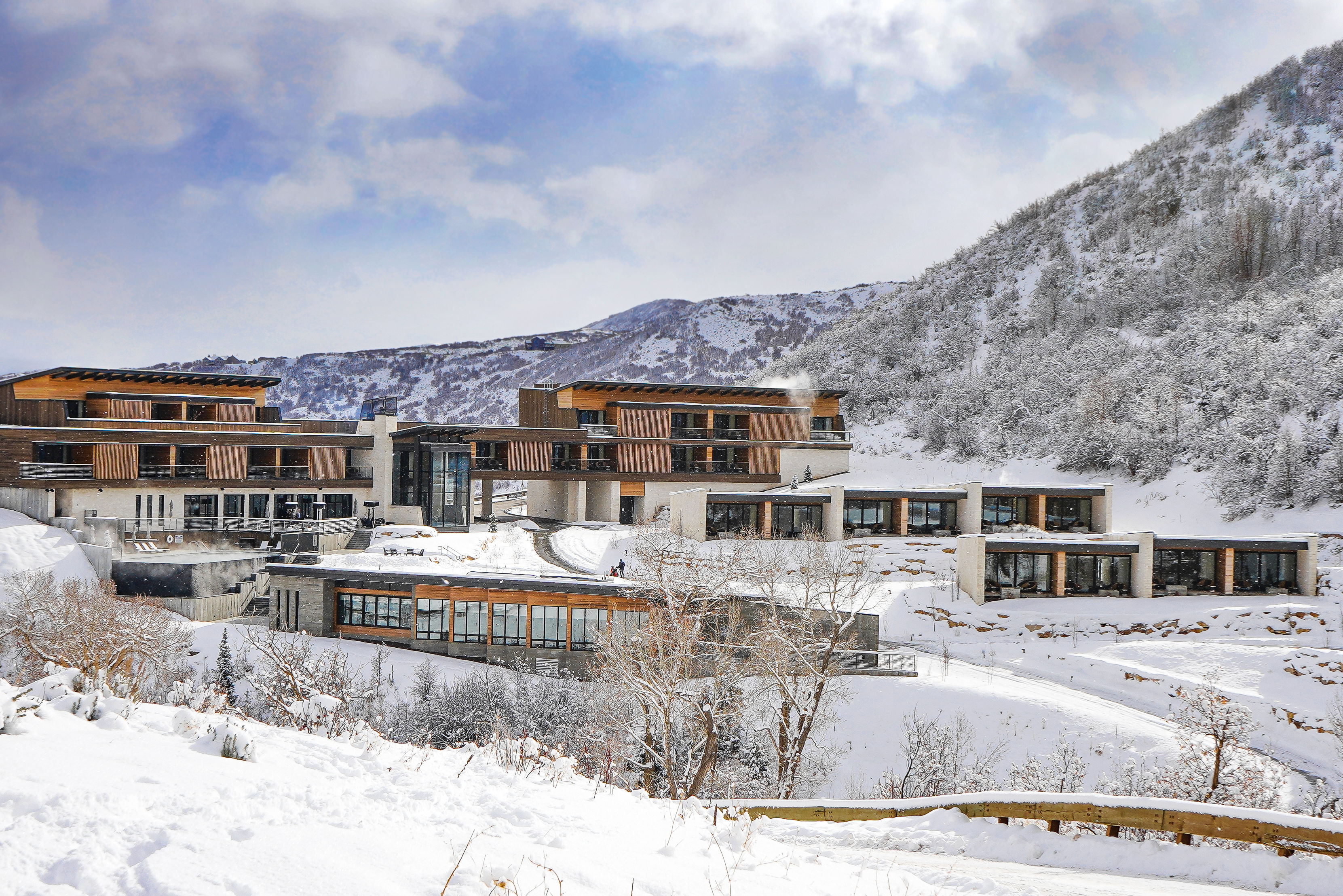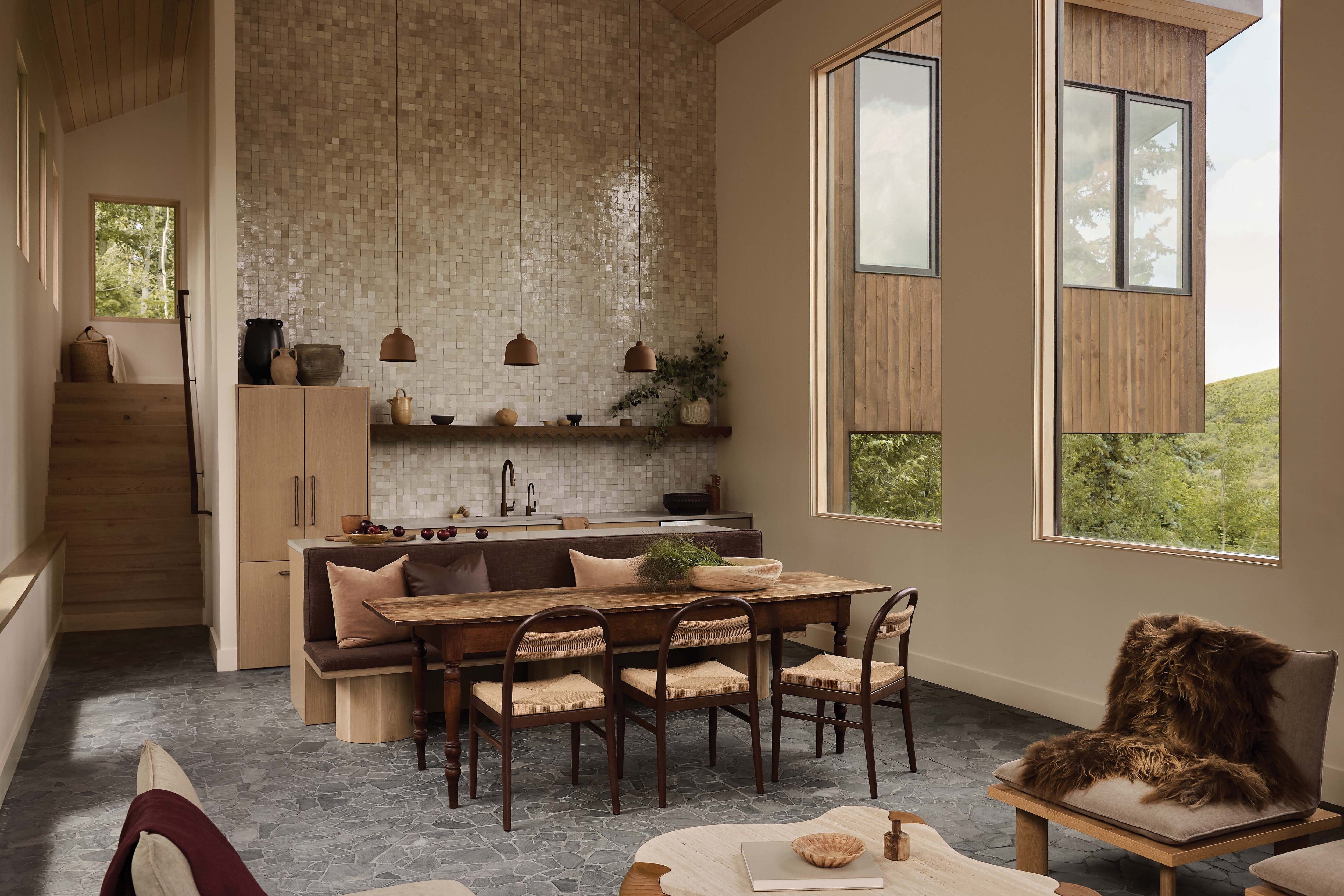Heal Yourself With Nature Walks
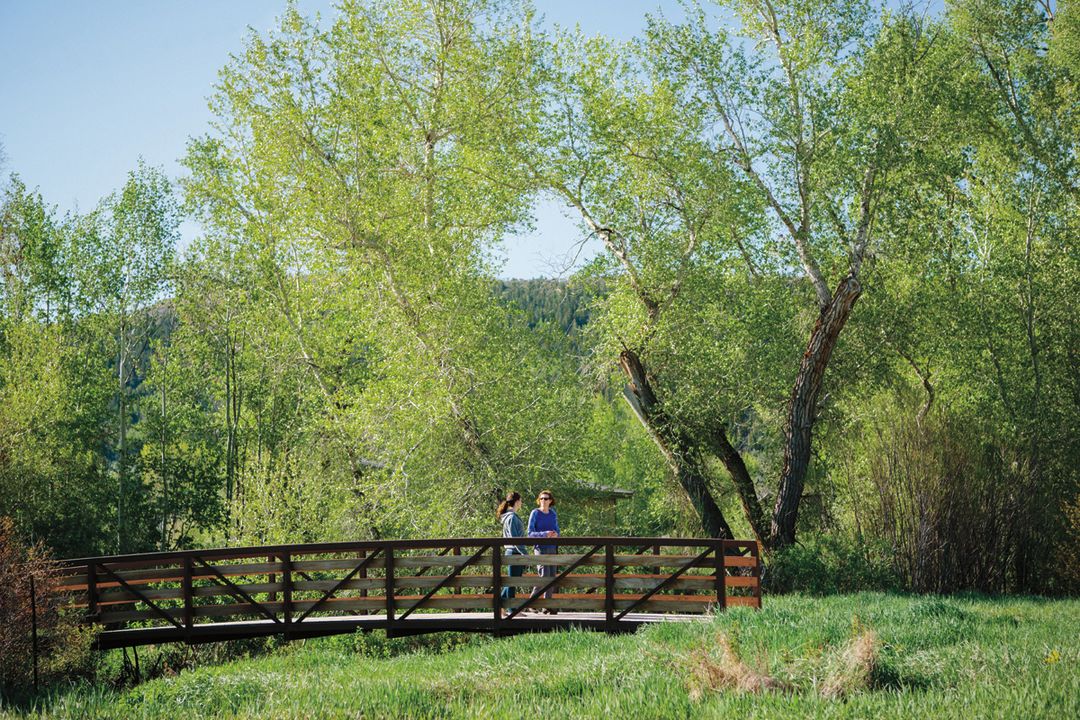
The hundreds of miles of trails surrounding Park City provide an ideal backdrop for Trailtalk therapy sessions.
Image: Courtesy Trailtalk
Back in 2010, Allison Page was stressed out. Her kids were off at college, she was in the middle of a divorce, and she was studying for her second master’s in family psychiatric nursing. “And then one day, I was out in the woods walking the dog and felt this incredible emotional release,” she recalls. “I realized then that, ‘oh my gosh, I want to do this for a living.’”
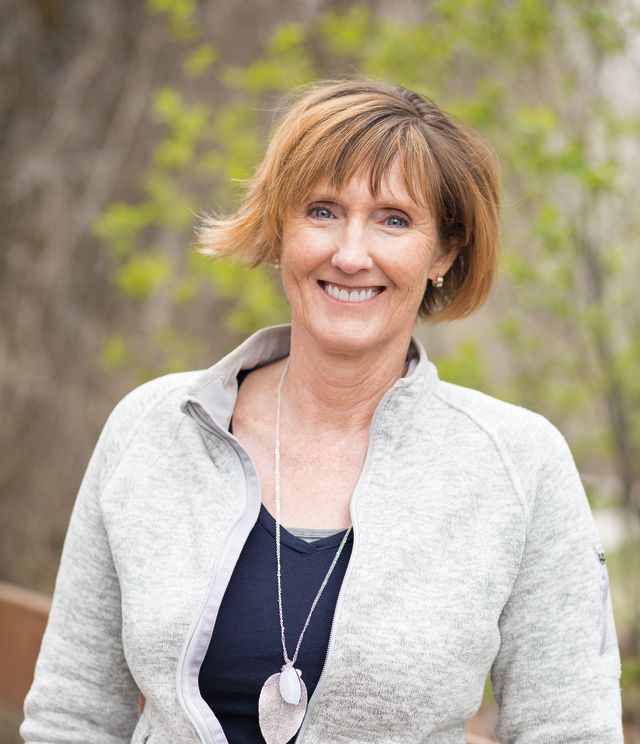
Trailtalk founder Allison Page
Image: Courtesy Trailtalk
Page launched Trailtalk (1760 Prospector Ave, 435.513.2715)—one-on-one therapy sessions held outdoors rather than inside an office—later that same year. Page’s innovative practice is based on a concept she calls “therapy lite”: breaking down the shame and stigma of emotional care by taking her patients off the couch and into the outdoors. “I have a niche demographic of people [in Park City] who slay their bodies, self-medicate, and ignore their emotional health,” explains Page, dressed in her typical workday attire—T-shirt, a quilted vest, shorts, and well-worn hiking shoes. “There’s a lot of attention on our physicality, and our relationships fall apart. What I want to do is lend parity to emotional care and normalize it by going outside and walking side-by-side.”
The hundreds of miles of trails weaving throughout Park City and Summit County form the ideal backdrop for Trailtalk’s signature walk-and-talk therapy sessions. Page now employs three full-time and four part-time therapists who serve clients from three locations she refers to as trailheads: offices in Park City’s Prospector area (located conveniently near the Rail Trail) and Salt Lake City, and a customized van complete with Apple TV and comfy chairs that she drives around to stimulate conversation with clients or parks at area trailheads, throwing open the doors to invite the outdoors in.
Megan Perry has worked as a Trailtalk therapist since June 2015 and moved from Baltimore to Utah in search of a career opportunity in the mental health profession that would allow her to spend more time outdoors. She has noticed how responsive clients are to exploring their feelings when movement and nature are part of a therapy session. “I can’t tell you how many times I’ve tried to teach clients deep breathing, mindfulness, and grounding techniques in a tiny little office with no windows, with people making noise in the hallway and phones ringing,” Perry says. “Teaching people these skills standing on a bridge over a creek with mountains in the background and birds chirping is, as you might guess, a much more fulfilling and valuable experience for my clients.”
Page explained the physiology behind what makes mixing activity with mental health care effective. “Moving is kind of bilateral stimulation,” she says. “When you’re in the sun and you’re outside with nature, you gain some clarity. And then the movement itself stimulates a release of endorphins. Soon, the emotional valence is taken down. And when you can decrease your emotional intensity, you can think.”
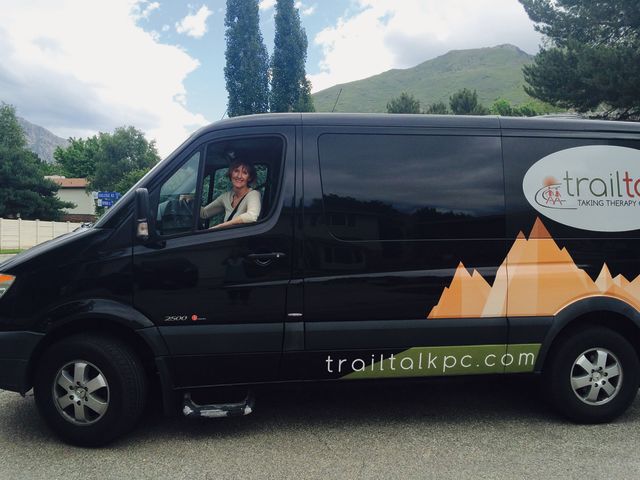
Page at the wheel of her customized Trailtalk van.
Image: Courtesy Trailtalk
More than 60 percent of Page’s clients are overachieving, athletic men in their 40s and 50s. One such client, 59-year-old Chris, says he was drawn to Trailtalk four years ago when he needed to reevaluate his life and career. “You usually pick a therapist largely on their credentials. Allison has those, but she has a unique business idea and she makes it work,” he says. “You add the trail aspect and it’s cool. It’s the concept of being open and getting other visual stimuli. I think it’s a perfect fit for Salt Lake City and Park City people.”
However it happens, the end result Page hopes to achieve with her unconventional business model is this: helping people feel as comfortable taking care of their minds as they are taking care of their bodies. “Emotional care has been behind closed doors. You’re only as sick as your darkest secret,” says Page. “We don’t hesitate to get preventative health care—therapy should just be an extension of that.”
It’s Not All in Your Head
Last year, researchers at the University of Utah found a connection between living in the mountains and higher rates of depression. The reduced blood oxygen levels associated with residing at high altitudes, dubbed hypobaric hypoxia, is the apparent trigger. So, go ahead and book that occasional beach vacation. Losing some altitude every once in a while will do you some scientifically proven good.
